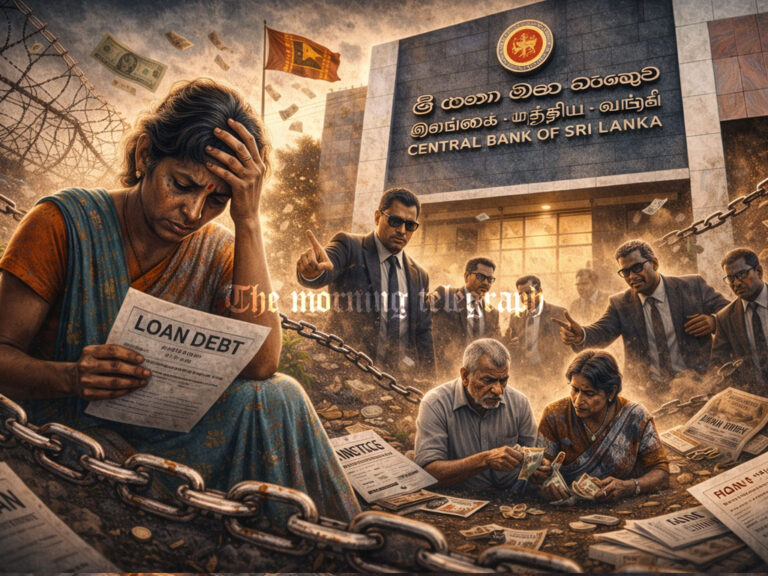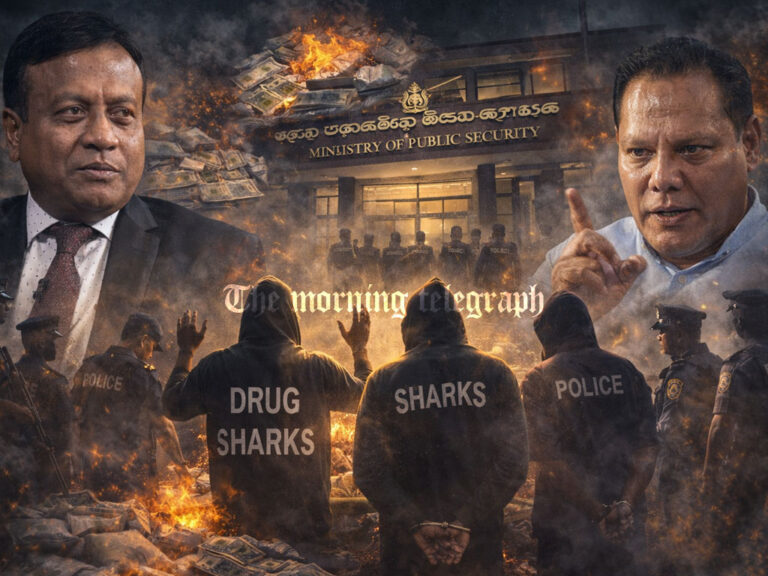
Tehran, July 6, 2024 — In a stunning political shift, Iranian voters have chosen a moderate leader to succeed hardline President Ebrahim Raisi, signaling potential changes in the country’s domestic and international policies. This election marks a significant departure from the conservative governance that has defined Iran’s recent political landscape.
The moderate candidate, Dr. Reza Farzan, won the presidency with a clear majority, reflecting widespread public discontent with Raisi’s hardline policies and economic management. Farzan, a seasoned diplomat and former Minister of Foreign Affairs, campaigned on a platform of economic reform, increased social freedoms, and improved international relations.
“Iran is ready for a new chapter,” Farzan declared in his victory speech. “Our people have spoken for progress, prosperity, and peace. We will work tirelessly to rebuild our economy, restore our international standing, and ensure a brighter future for all Iranians.”
Ebrahim Raisi’s presidency has been marked by a rigid stance on social and economic issues, contributing to widespread discontent. His administration faced criticism for its handling of the economy, which has struggled under severe international sanctions and internal mismanagement. Inflation and unemployment soared, eroding public trust in his leadership.
Raisi’s hardline policies, particularly on human rights and freedom of expression, have also drawn ire both domestically and internationally. His approach to foreign policy, characterised by a reluctance to engage with Western nations, exacerbated Iran’s isolation on the global stage.
Farzan’s victory is expected to usher in significant economic reforms aimed at stabilizing Iran’s economy. His administration plans to focus on negotiating relief from international sanctions, which have crippled the country’s economy. Farzan has promised to engage in constructive dialogue with global powers to secure the lifting of economic sanctions, aiming to attract foreign investment and revive Iran’s financial stability.
“Our priority is to stabilize the economy, bring relief to our people, and restore trust in our institutions,” Farzan stated. “We will pursue policies that promote economic growth and create opportunities for all Iranians.”
The new president’s moderate stance is likely to lead to a relaxation of some of the stringent social policies implemented under Raisi. Farzan has vowed to improve human rights conditions, enhance freedom of expression, and support cultural and social initiatives that reflect the diversity of Iranian society.
“We will work to ensure that every Iranian can live with dignity, freedom, and respect,” Farzan said. “Our government will be committed to upholding the rights of all citizens and fostering a culture of inclusivity and respect.”
On the international front, Farzan’s presidency is expected to bring a shift toward diplomacy and engagement. He has emphasized the importance of improving relations with neighboring countries and the broader international community. This could lead to renewed efforts to resolve longstanding conflicts and enhance regional stability.
Farzan’s administration is anticipated to prioritize the revival of the Joint Comprehensive Plan of Action (JCPOA), aiming to limit Iran’s nuclear activities in exchange for the lifting of economic sanctions. This move is expected to ease tensions with the United States and other Western nations.
“We will pursue a foreign policy that is rooted in dialogue and mutual respect,” Farzan assured. “Our goal is to rebuild trust with the international community and work towards peaceful and productive relations.”
The election outcome has been met with cautious optimism by many Iranians who are hopeful for change. Celebrations erupted in several cities as supporters of Farzan expressed their joy and expectations for a more prosperous and open future.
Ali, a 32-year-old shop owner in Tehran, shared his hopes: “We have been waiting for this moment. We want a better life, a better economy, and more freedom. I believe this new president can bring us that.”
However, challenges remain as Farzan faces the daunting task of navigating Iran’s complex political landscape. He will need to balance the demands of reform with the resistance of hardline factions that remain influential in the country’s political and military structures.
The election of a moderate president represents a pivotal moment for Iran, offering a potential path towards economic recovery, social reform, and renewed international engagement. As Dr. Reza Farzan prepares to assume office, the world watches closely to see how his administration will shape the future of Iran and its role on the global stage.




